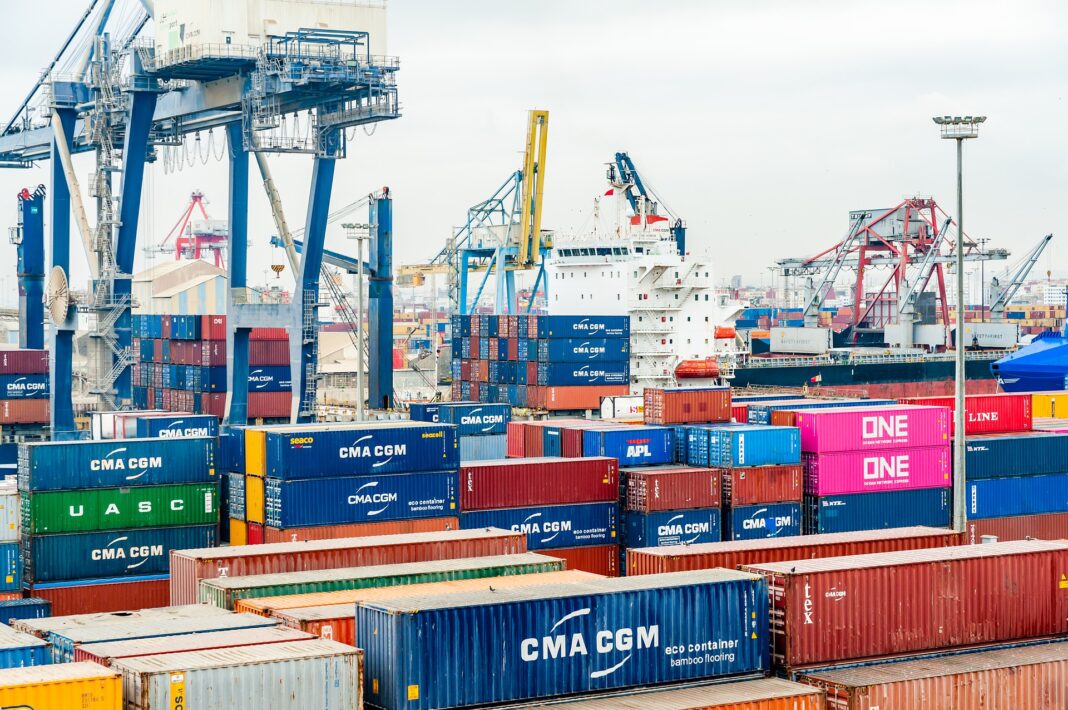People who work in logistics, known as logisticians, are among the most important workers in the supply chain. These professionals help manage people, products, and supplies across every business sector. People who work as logisticians handle everything from scheduling shipments and training warehouse workers to cutting costs and managing inventory. If you’re searching for logistic sales positions near me, here’s what you should know before getting into the field.
Logistics Professionals Are Always in Demand 
Unlike other business- and sales- adjacent positions, logisticians are a crucial piece of the supply chain puzzle. As a result, there has been a very steady demand for talented logistics professionals. This demand has only grown in recent years. Additionally, many logisticians are from an older generation. Over the past decade, many of those workers have begun to retire. This creates a plethora of job opportunities both now and in the near future.
You’ll Need Specialized Education
You won’t be able to become a logistician on the fly. Most people who work in this field have at least an associate degree in logistics. More commonly, however, businesses are seeking job candidates who have a bachelor’s degree. This specialized education teaches young professionals about product distribution, supply chain management, transportation management, product procurement, and contract negotiation.
Some schools offer dedicated degrees in supply chain management, but most will fulfill the educational requirement with a standard business management degree. Additionally, continuing education is an important piece of working in logistics. There are a number of certifications you can pursue as a professional. The Council of Supply chain Management Professionals offers some of the most popular.
You’ll Need to Be a Jack of All Trades
People who work in logistics can potentially touch every part of a business – from overseeing staff to maintaining accounting software. While specializing in a specific field can be helpful, especially as a student, most people in the field will handle a variety of responsibilities. This is especially true of logisticians who work for smaller businesses and corporations. This, in part, is why continuing education is so important for people who work in this field.
Your Workday Will Vary 
Logisticians handle every part of a business, which means they can work in a variety of locations and on a variety of projects. Some logisticians are based at a factory. Others have a dedicated office at a pickup or delivery center. Others, still, may prefer to work at corporate headquarters. People who work for larger businesses or corporations may also be expert travel to other facilities. In some cases, this will require international travel.
You (Probably) Won’t Need to Move for a Job
Logisticians can apply their knowledge to most companies in most fields. This means you’ll likely be able to secure a position where you currently live. Unlike other business-related fields, which are more competitive, you won’t likely need to relocate to a corporate office in order to take a position.
Your Job is Essential – and High-Pressure
People in logistics serve an extremely important role in a business’s infrastructure. The weight of the supply chain will often fall on your shoulders. This means that a career in this field is very fulfilling. However, it also means that you will be responsible for quick problem-solving and working through tough issues. Logistics is a challenging field that has a large impact on a business’s bottom line – and their survival. When you enter this field, remember the importance of staying calm in light of workplace challenges.
“Logistician” is One of the Best Business Jobs
When it comes to job prospects, work-life balance, salary, unemployment rate, and work-related stress, jobs as logisticians are some of the best around. In fact, U.S. News & World Report ranked “logistician” in 8th place on their list of Best Business Jobs. According to their list, logisticians can expect to make around $80,000 per year, with the highest-paid in the field taking home around $100,000 per year. The field ranks above average for the ability to be upwardly mobile, and there are many opportunities for salary and position advancements.
You Can Pivot 
If you enter a logistician job and, after years, find yourself unenthused by the work, you’ll be able to find a different job in business. Logisticians are known for learning a lot about business structure and corporate environments on the job. If you’ve spent time as a logistician, you can take those skills into any number of business-adjacent positions – from management consultant and supply chain analyst to sales manager and business coordinator.
Conclusion
A career in logistics can be fulfilling, lucrative, and stable. Jobs are widely available, and openings are expected to increase in the coming years. When it comes to stability, salary, and work-life balance, this is among the best business jobs you can have.







![Seed Health Probiotics Review [Updated April 2023] Seed Health Probiotics Review](https://www.tidewaternews.com/wp-content/uploads/2022/06/Seed-Health-Probiotics-Review-100x70.png)

